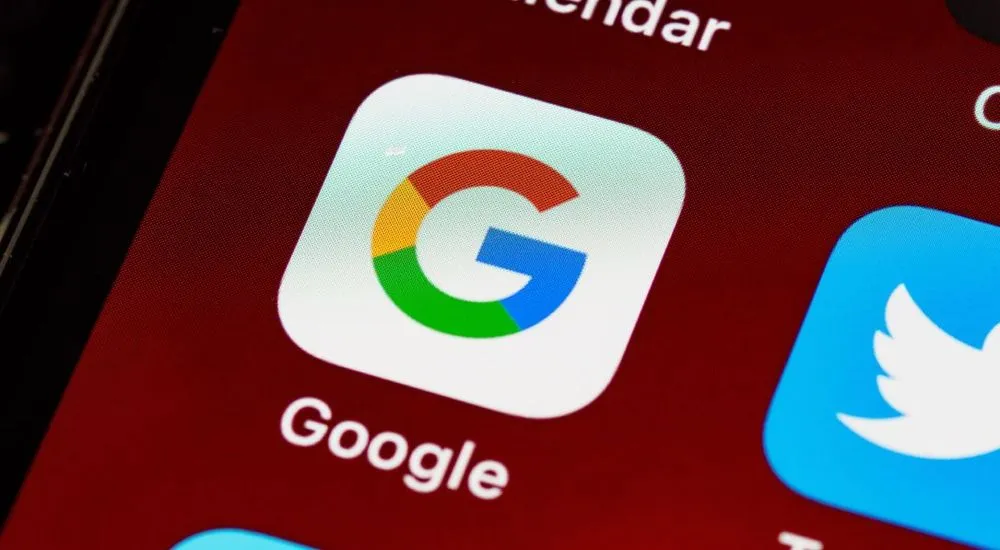Google to expand Chrome privacy protections, protect campaigns ahead of 2024 elections
Google unveiled a range of new efforts and product features it plans to roll out this year in honor of Safer Internet Day.
The tech giant’s privacy announcements ranged from tools to protect their mass of users – like expanded protections in Google Drive and Chrome – as well as more specific tools for election workers and campaigns.
Google said in the coming weeks, it will roll out in beta a new view in Drive that will allow you to look at content that has been automatically classified or manually reported as spam. The feature resembles the spam folder in Gmail and is designed to allow people to review potentially unwanted content in Google Drive.
The company is also adding an option to their Password Manager that allows people to use biometric authentication before filling your saved password into a website. The feature allows people to add an extra step of verification to their devices.
“You can also use this feature to securely reveal, copy or edit passwords saved with Google Password Manager in Chrome and Android, without having to type in your computer password every time,” Google explained.
Apple customers will also get a few updates as well, with Google adding a feature to their iOS app that allows users to set up Face ID for their Google app so even if your phone gets taken, someone will not be able to open it and gain access to your data.
For those with American Express credit cards, Google is expanding its “virtual cards” feature to allow people to create unique numbers for online transactions, meaning your real card number is not shared with merchants. The feature was previously only available for Capital One cardholders.
SafeSearch will be expanded for those with children under 18. Google will now have a setting automatically enabled that blurs explicit imagery if it appears in Search results when SafeSearch filtering isn’t turned on.
This setting will be the new default for people who don't already have the SafeSearch filter turned on, with the option to adjust settings at any time.
Google officials said they will also be partnering with the National Parent Teacher Association to hold events at 50 school campuses centered on the topic of how to manage raising children with such wide-ranging access to the internet.
Google aims to provide resources to parents eager to teach their children how to stay safe on the internet, avoid scams and protect their privacy and security. They will publish a playlist on YouTube Kids revolving around the topic as well.
Elections and high-risk users
The Safer Internet Day also included a slate of partnerships and tools built for more high-risk users – particularly those involved in campaigns and elections.
Google said a study it did in 2022 found that half of all journalists and professionals in politics have had their online accounts compromised.
In an effort to address the issue, Google explained that it would begin work with the The International Foundation of Electoral Systems (IFES) to provide security to high-risk individuals. It will also work with the Defending Digital Campaigns (DDC) to protect campaigns in the U.S.
IFES is a non-partisan non-profit that has spent 35 years conducting security trainings for election officials in 145 countries. The organization has conducted trainings for high-risk officials in Bosnia and Herzegovina, Libya, Serbia, Sri Lanka, Nepal, Ukraine, Georgia, Iraq, Lebanon, Ecuador and Uganda.
The partnership will see Google and IFES provide online safety trainings, expand scenario-based teachings and create content for specific audiences.
“Cybersecurity content will be built into a range of trainings for journalists, activists, civil society members and election officials,” Google said. “IFES will also highlight content for high-risk users that have been underserved by typical online safety and security education, including women, people with disabilities, and other traditionally-marginalized communities.”
IFES also plans to share Google tools and resources with its network of high-risk officials across the world. Google will provide the organization with insights from the Threat Analysis Group (TAG) so the group has an updated understanding of current trends and threats.
The work with DDC will see Google provide campaigns with security tools ahead of the 2024 elections in the U.S. DDC provides security trainings and products to campaigns in all 50 states at no cost. Google has worked with the organization since 2020 and the two have secured more than 300 campaigns.
Google will also be providing 100,000 high risk individuals with Titan Security Keys – $25 tools that can be used to authenticate Google users. The keys will be provided for free throughout 2023, according to Google.
""With the interconnectedness of everything online, authentication and account security are paramount for staying safe. From social networks and games to grocery delivery and even an app that tells you when it’s safe to take a bathroom break during a movie, hardly a day goes by without signing up to try a new app or website; keeping you safe on all of them is a priority across everything we do,"" Google said.
Jonathan Greig
is a Breaking News Reporter at Recorded Future News. Jonathan has worked across the globe as a journalist since 2014. Before moving back to New York City, he worked for news outlets in South Africa, Jordan and Cambodia. He previously covered cybersecurity at ZDNet and TechRepublic.



